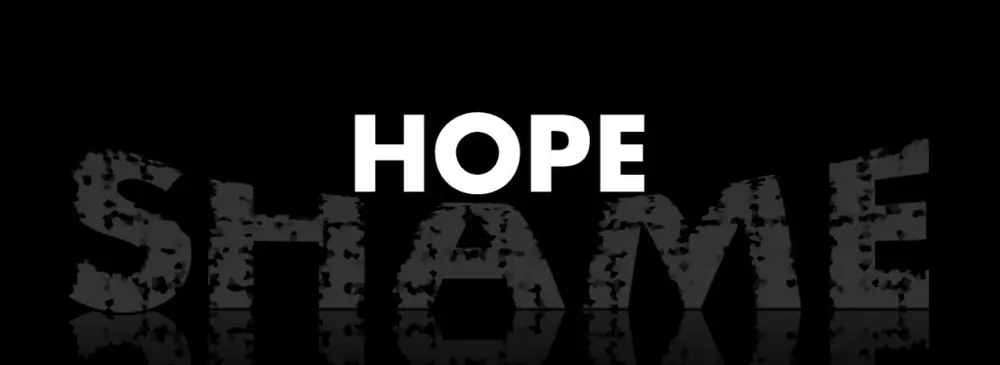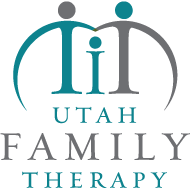Pornography Addiction: Its Impact on Youth and Young Adults and a Hopeful Opportunity for Recovery
When the World Wide Web was created in 1990, few could have anticipated it would give rise to one of the most rampant and challenging addictions currently in existence.
Make no mistake: pornography is not a harmless pastime, a recreational outlet, or frivolous entertainment.
Its effects on youth and young adults can be devastating, but hope and recovery is possible.
Table of Contents
The Personal Struggle
A Testimony of Recovery
A recovering pornography addict, now 23 years old, shared their experience:
“Back when I was addicted, I felt like pornography was ruining my life.
I’m not like some of the addicts that are out there, those that have been addicted for 20 and even 30 years, but 7 years was long enough for me.
Recovering from that addiction was one of the hardest, if not the hardest, things I have ever done.
It was by far the most valuable thing I could have ever done for my own happiness, fulfillment, and potential.
The Psychological Impact
He further explained:
“I suffered a ton when I was addicted.
I thought the way I felt was normal.
I didn’t realize that the way I felt on a daily basis had come from how the addiction had restructured my brain.
I suffered with social anxiety and massive depression.
I was afraid of women and girls and felt such a lack of confidence around them and inability to speak to them.
My desire for goals and aspirations went down the toilet.
On many days, it seemed like all the things I should care about meant absolutely nothing to me.
I could never connect with people like I wanted to or be anywhere near the person I believed I could be.
Then, every single time I would slip, I absolutely despised it, and even despised myself.”
The Cycle of Despair
“I would swear never to do it again, just to be sucked back in the very next day.
It was sickening.
There were even times I thought taking my life would be a better option than to continue suffering and trying to overcome what seemed impossible.”
Understand the Addict
The Source of Addiction
As parents of a child struggling with pornography addiction, it’s crucial to understand addictive behaviors and that they are suffering.
They are not broken or evil.
They do not desire to be stuck in this addiction.
They likely hate it.
Addiction does not come from a desire to do wrong or from laziness to exert willpower.
Willpower alone will never defeat addiction.
Addictions have a source, and often, this source is shame.

What is Shame's Role?
Shame is a crucial source of addiction.
Addicts must learn how to understand and process their feelings.
Guilt vs. Shame
To understand shame, we must first distinguish it from guilt.
Guilt is the belief that “what I did was bad.
That’s not what I want to do or who I want to be.”
Though it is painful, guilt can motivate us to change and do better in the future.
On the other hand, shame is the belief that “I am bad because I did that.”
Shame makes us believe we are inherently flawed, inhibiting our potential to improve.
The Effects of Shame
Shame causes us to blame others, become depressed, disengage and disconnect, become narcissistic, and lead to anger and aggression.
Many of us feel shame in varying degrees daily.
If not processed healthily, shame can become a part of us to the point where it governs our actions, feelings, and lives, leading us to pursue destructive outlets as an unhealthy way of coping with the pain.
Addressing Emotions
Our focus is to teach every parent and client how to face their emotions and manage them.
If you teach your child how to face emotions, not avoid them.
You will give them the tools to understand their feelings and replace unhealthy thoughts with realistic, healthy ones.
This will lead to open communication, honesty, and resilience in your child, helping them overcome their addiction and excel in many other areas of daily life.
The Science of Addiction
Brain Changes
In the last decade, brain studies have shown that pornography addiction manifests in the brain similarly to cocaine addiction.
However, scans show that pornography is even more addicting and damaging.
The Role of Dopamine
The main chemical secreted in the brain during pornography use is dopamine, which is responsible for regulating mood and helping us feel joy. Dopamine brings feelings of motivation, drive, and attentiveness and enables us to feel connected to others. However, excessive dopamine release during pornography use drains the brain’s capacity to use it in everyday life and damages the receptors that release dopamine.
The Possible Destruction of Relationships
We do NOT believe pornography kills love, relationships, joy, and individual potential.
It will only kill relationships, love, joy and potential, if you let it.
However, it can strip away factors that make genuine relationships meaningful, leaving the participant feeling empty inside.

A Hopeful Path to Recovery
The Possibility of Healing
But here’s the next thing that you must know: there is hope!
Many previous addicts have succeeded in overcoming their addiction completely.
Though it takes time, the brain can heal.
Our minds are capable of incredible feats, and studies have shown that the brain can completely rewire and restructure, leading to a life of freedom.
Support and Tools for Recovery
One of the main things that holds addicts back is not knowing how to recover from their addiction. At Utah Family Therapy, many of us have experienced addiction ourselves. We have personally suffered the pain of addiction but also experienced the joy of a life free from these burdens.
Through teaching your child how to process and replace their thoughts, make new lifestyle choices, engage in powerful tools, and use the cutting-edge incorporation of Intensive Network Therapy, we will guide them on their journey towards transformation.
A Lasting Impact
The trial facing your child may seem immense right now, but it can one day become a distant memory, one that your child has grown through and developed into a better person because of. Every sacrifice is worth it for your child’s sobriety. This change will impact them for the rest of their lives. Work must be done, and steps must be taken for this to happen. Don’t wait.
Contact Us
Let us bring the experience and expertise we have gained in recovery to you and your family.
If you need more than weekly therapy, we can provide that too with our group therapy programs.
Give us a call at 801.901.0279.


